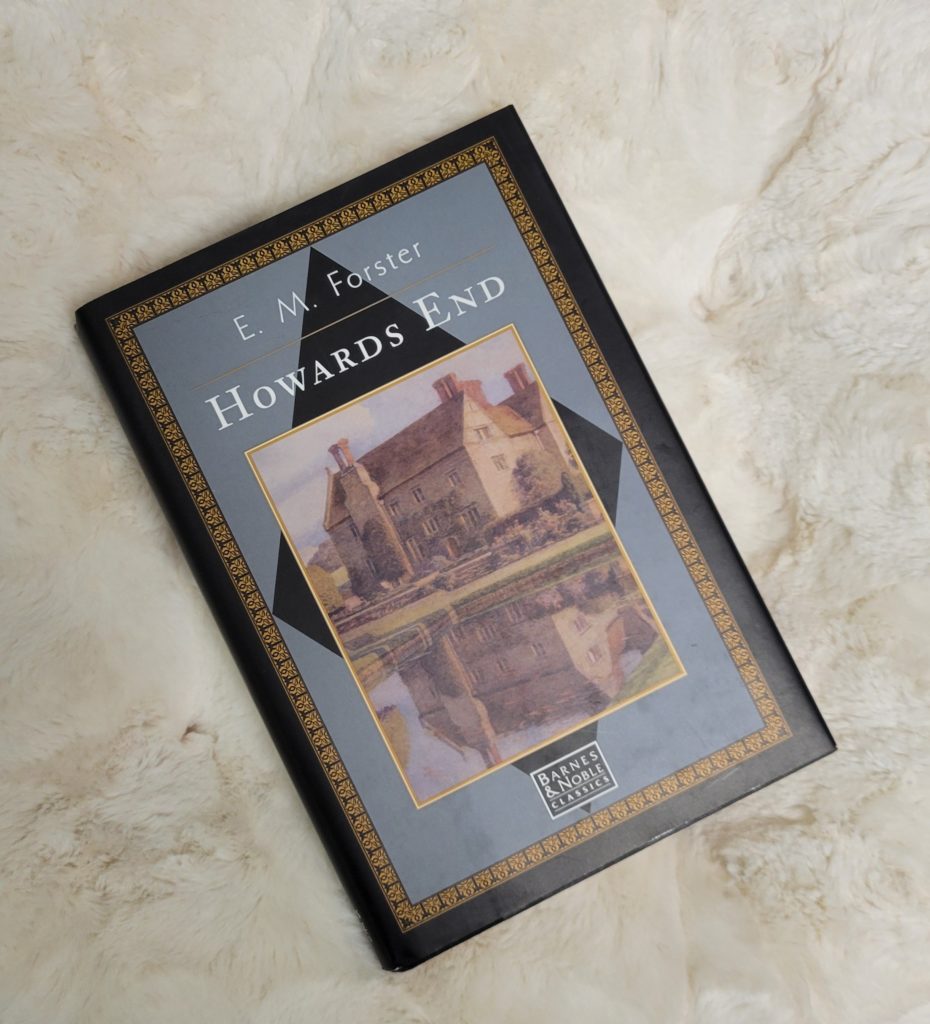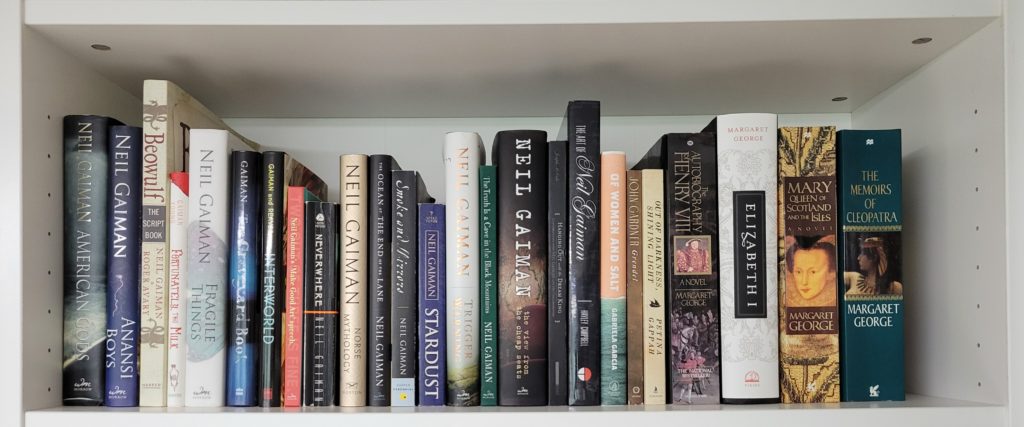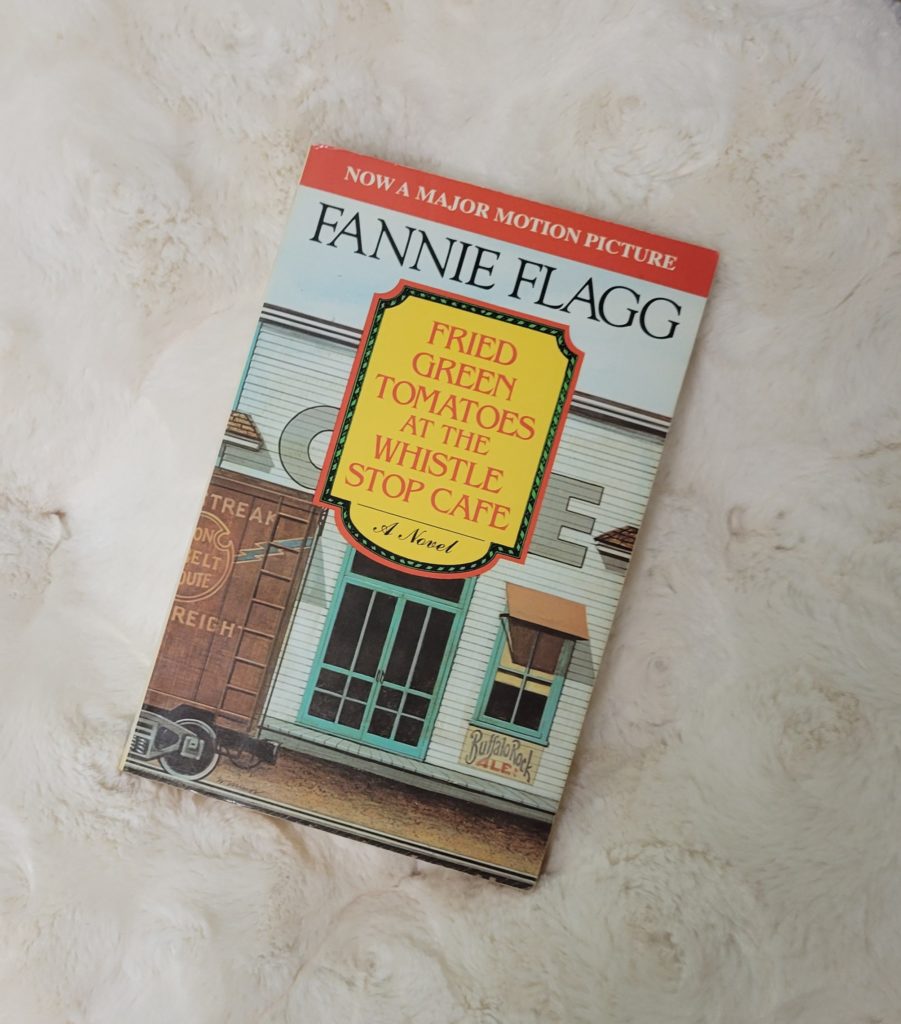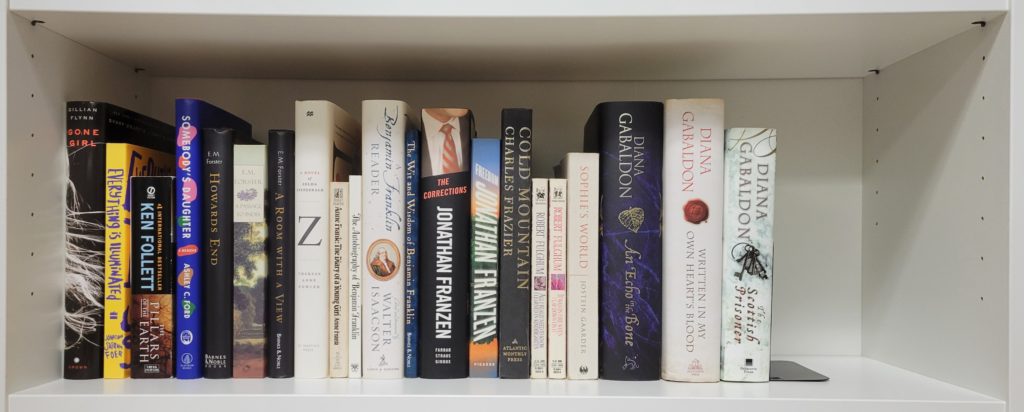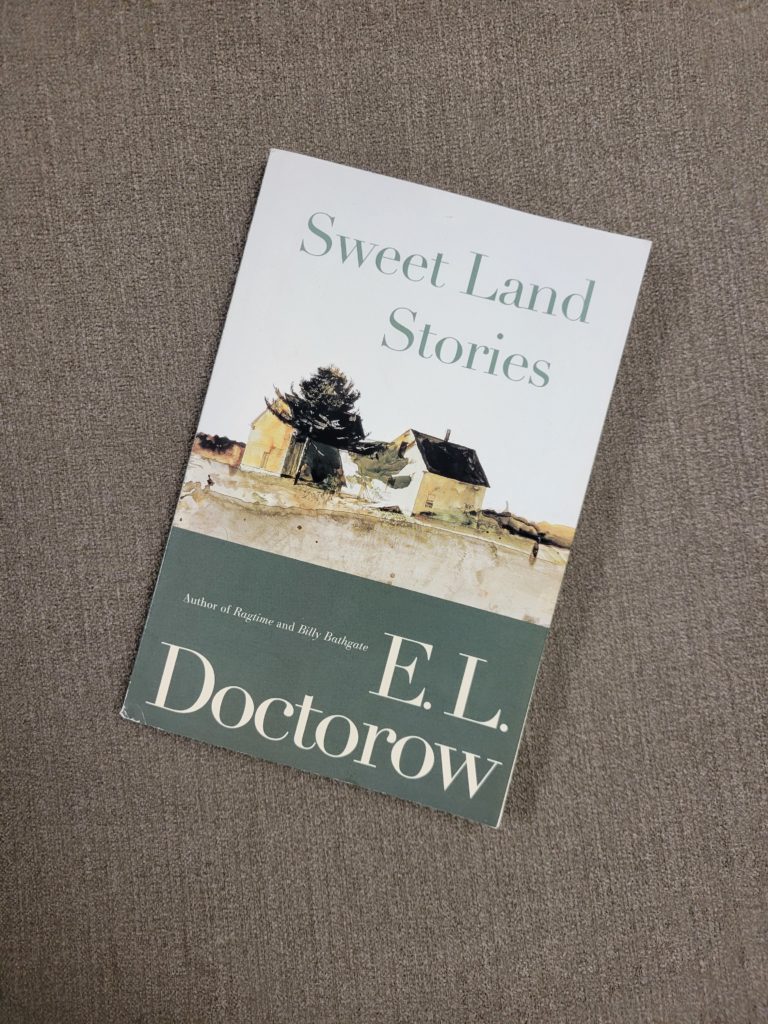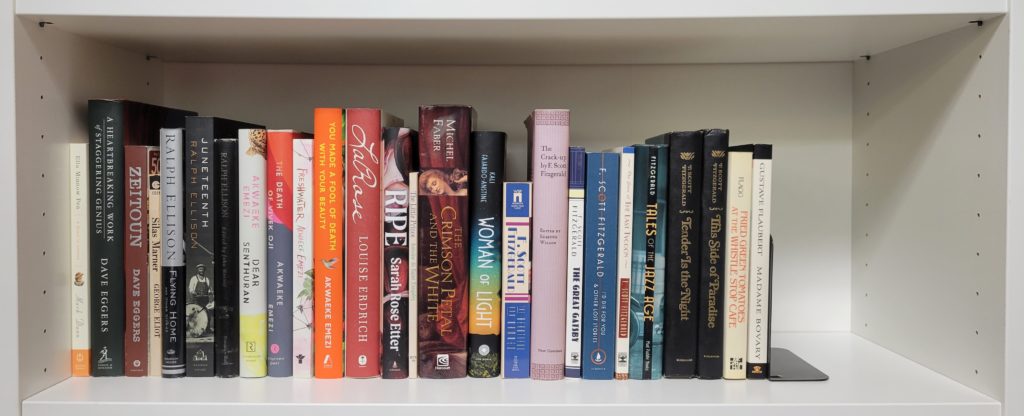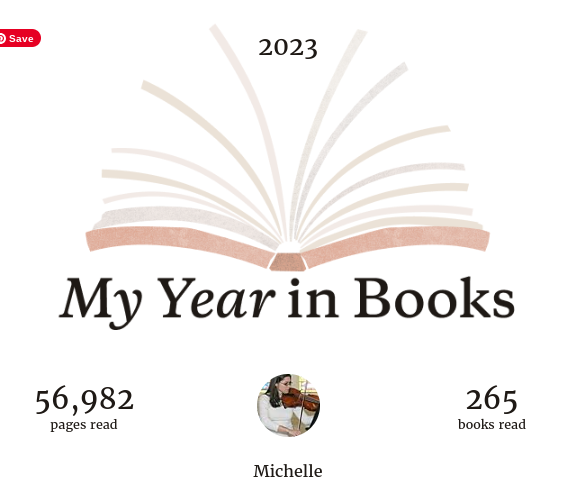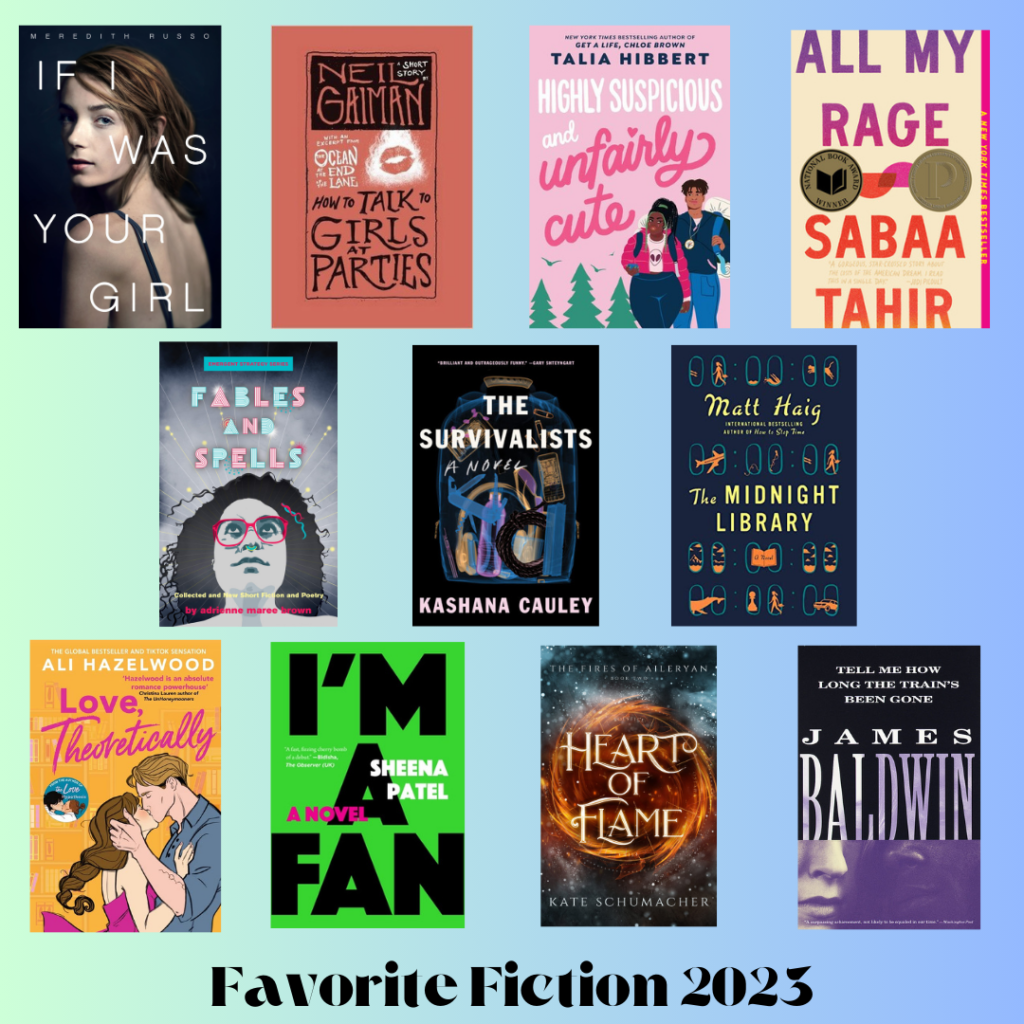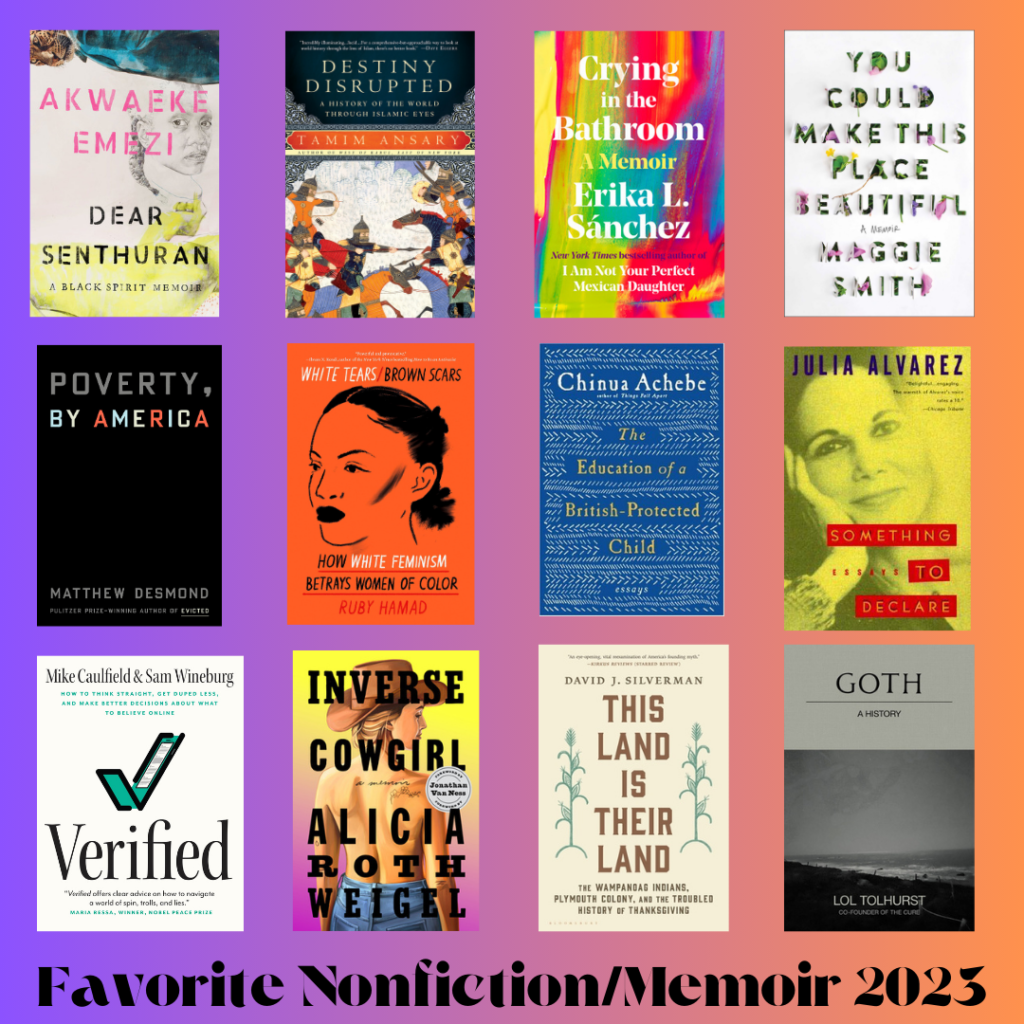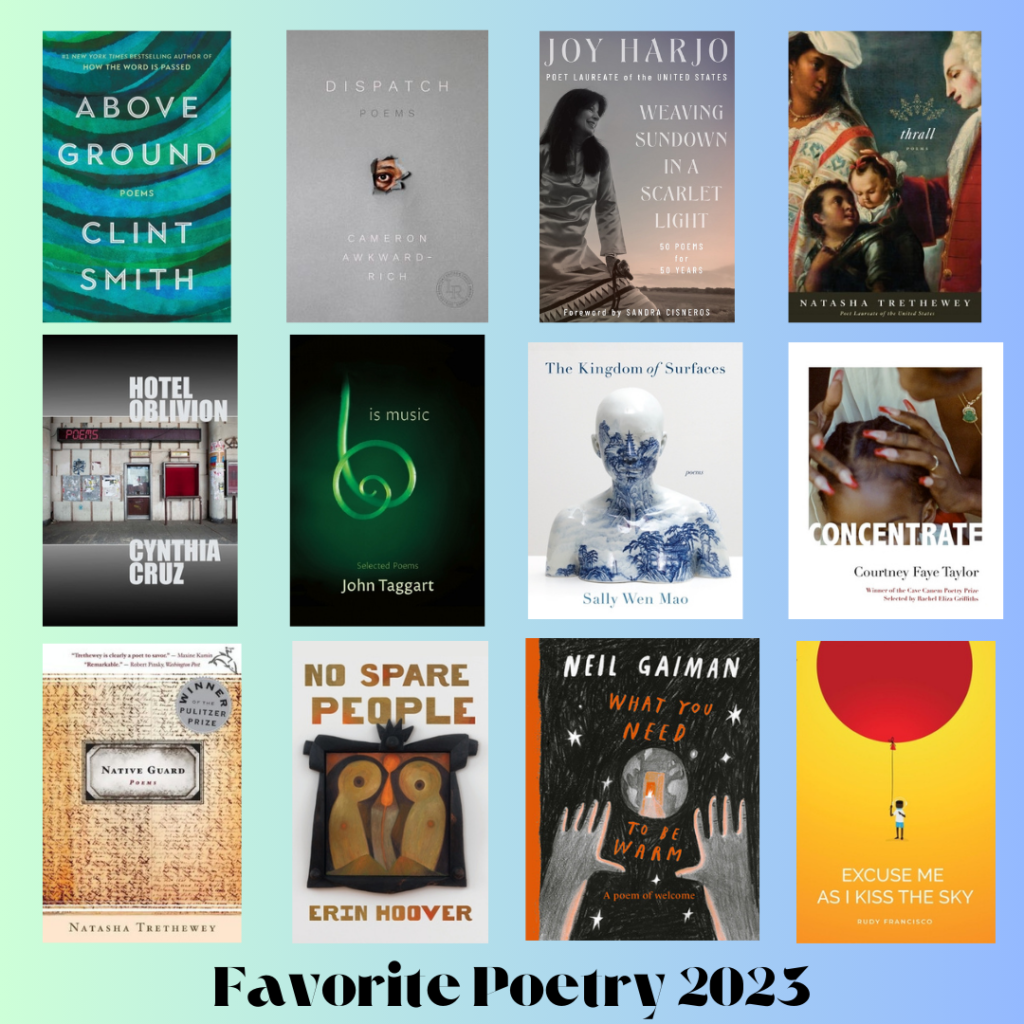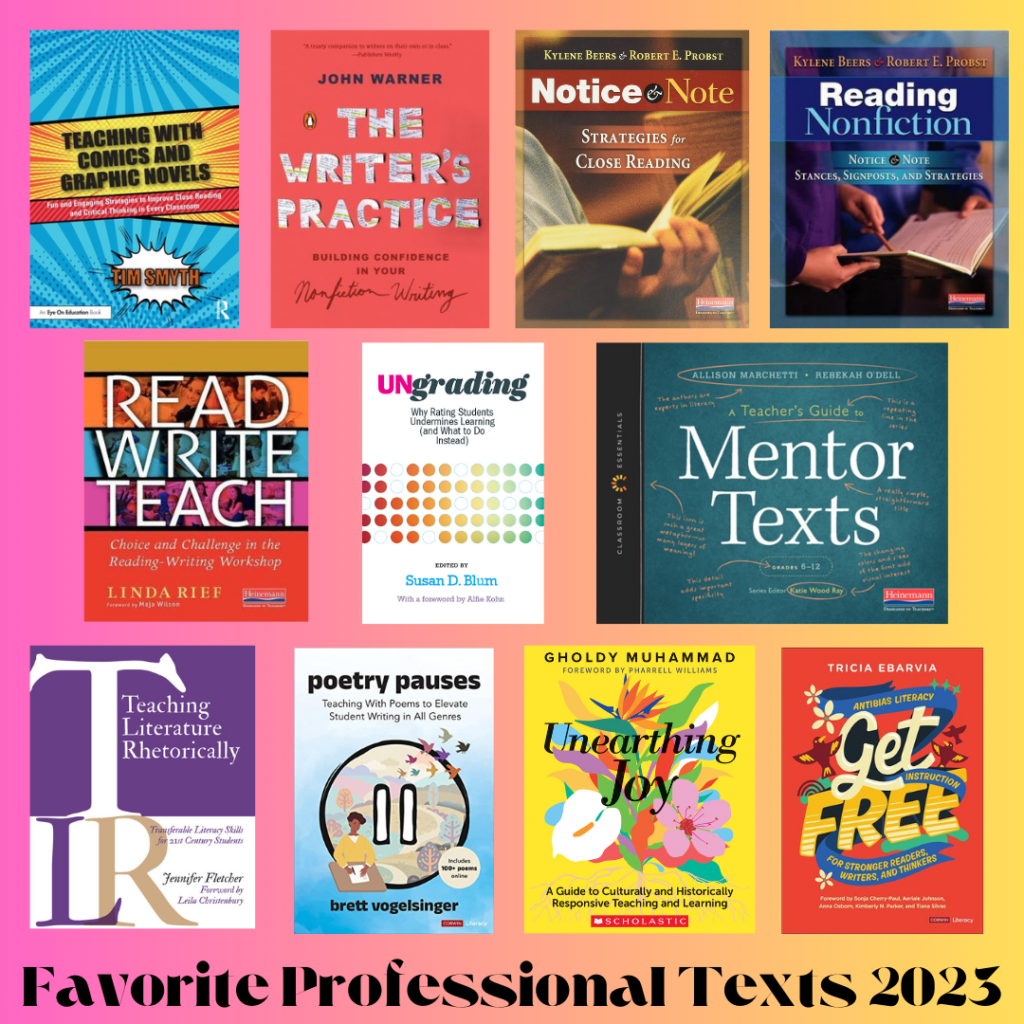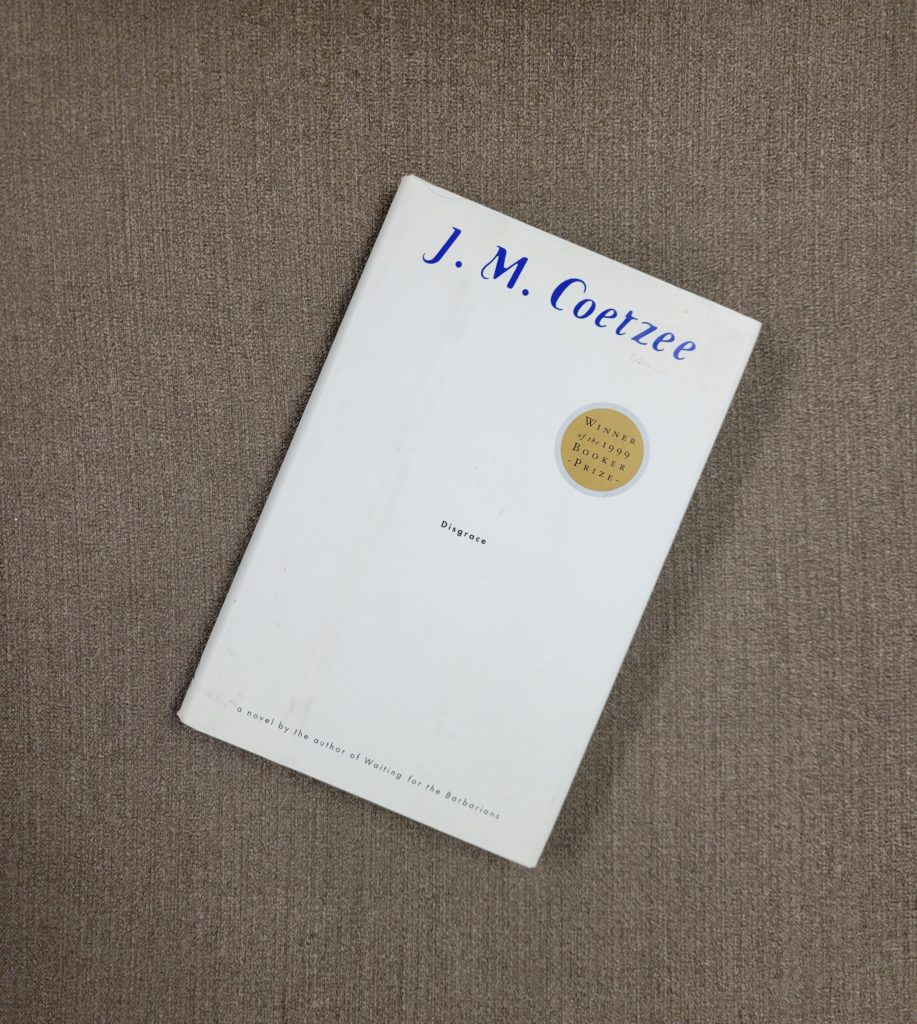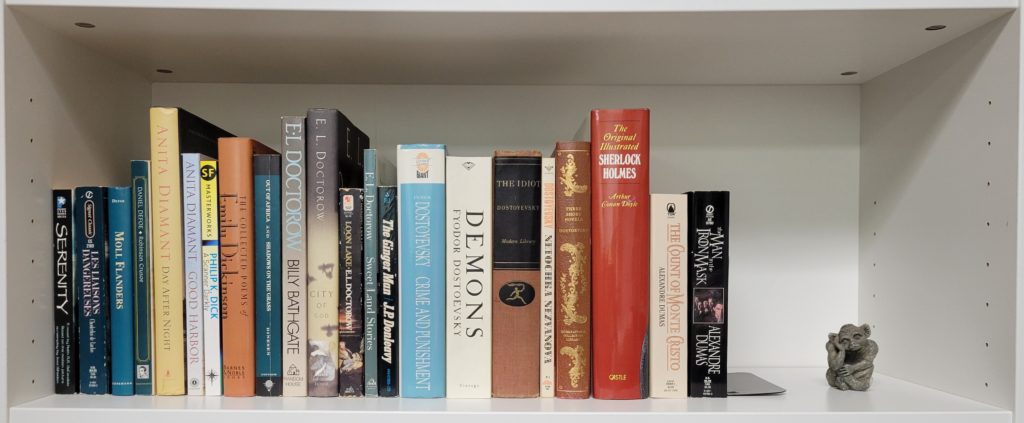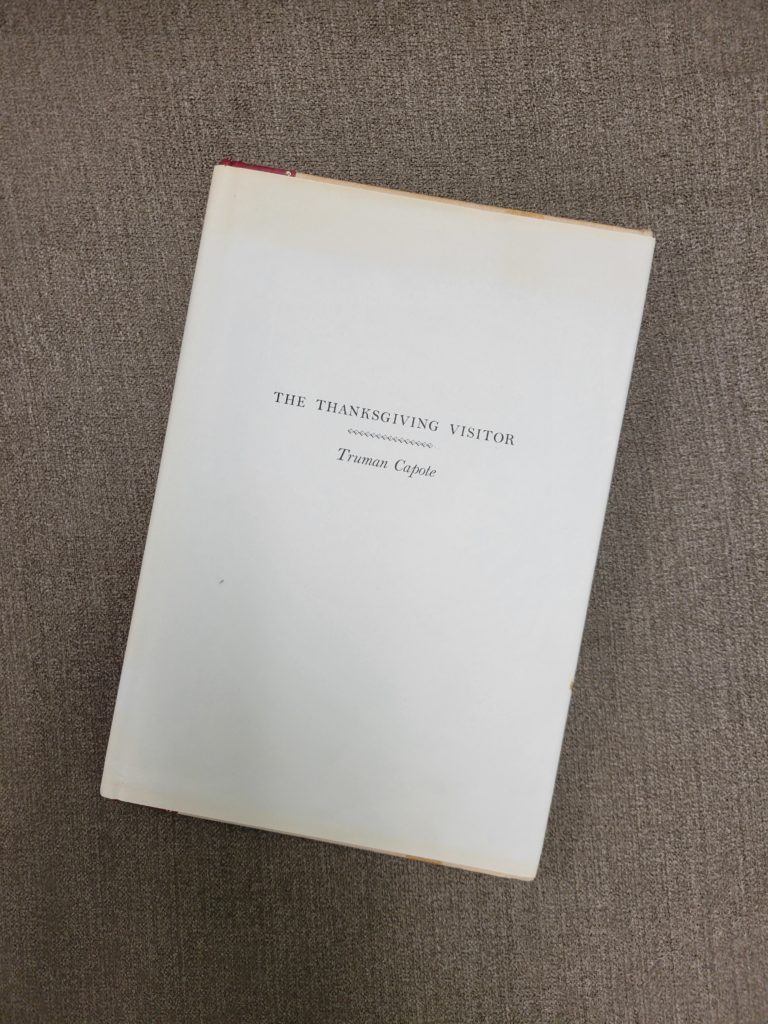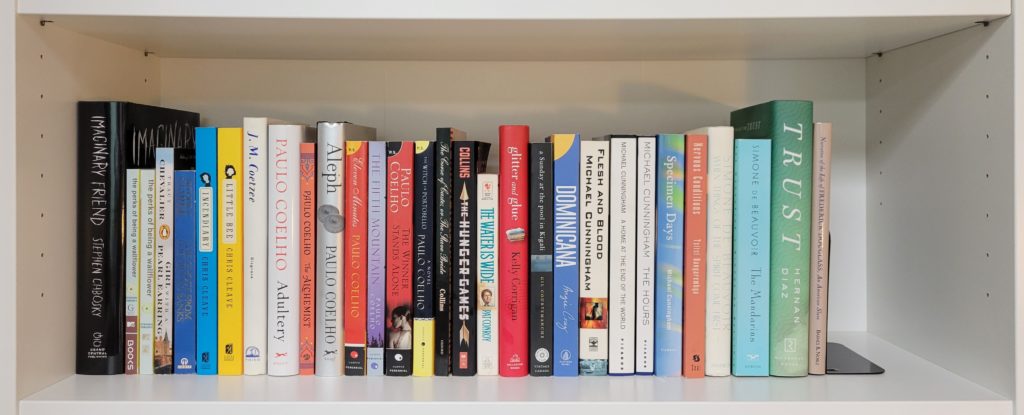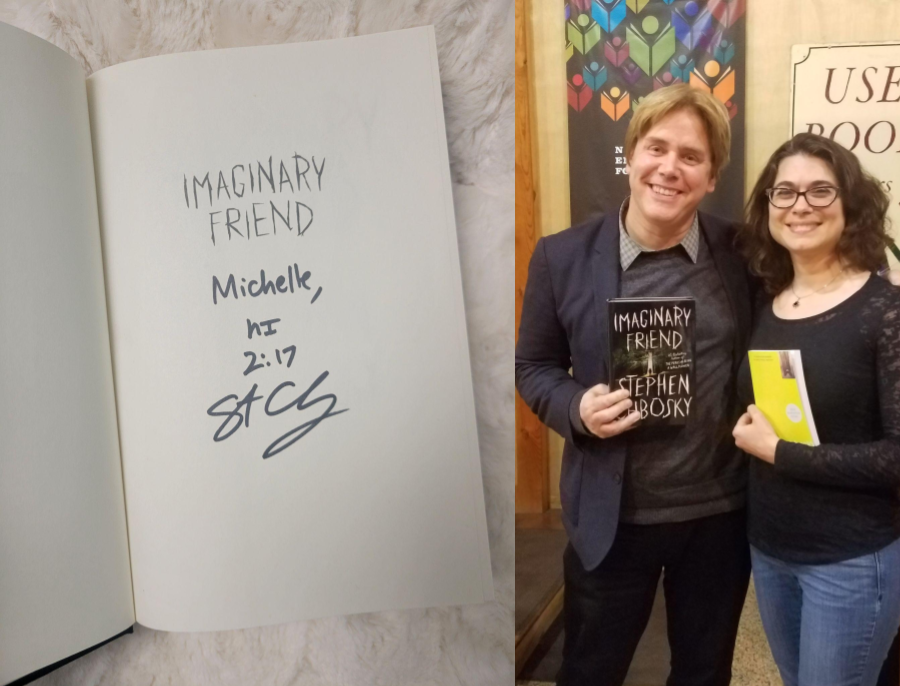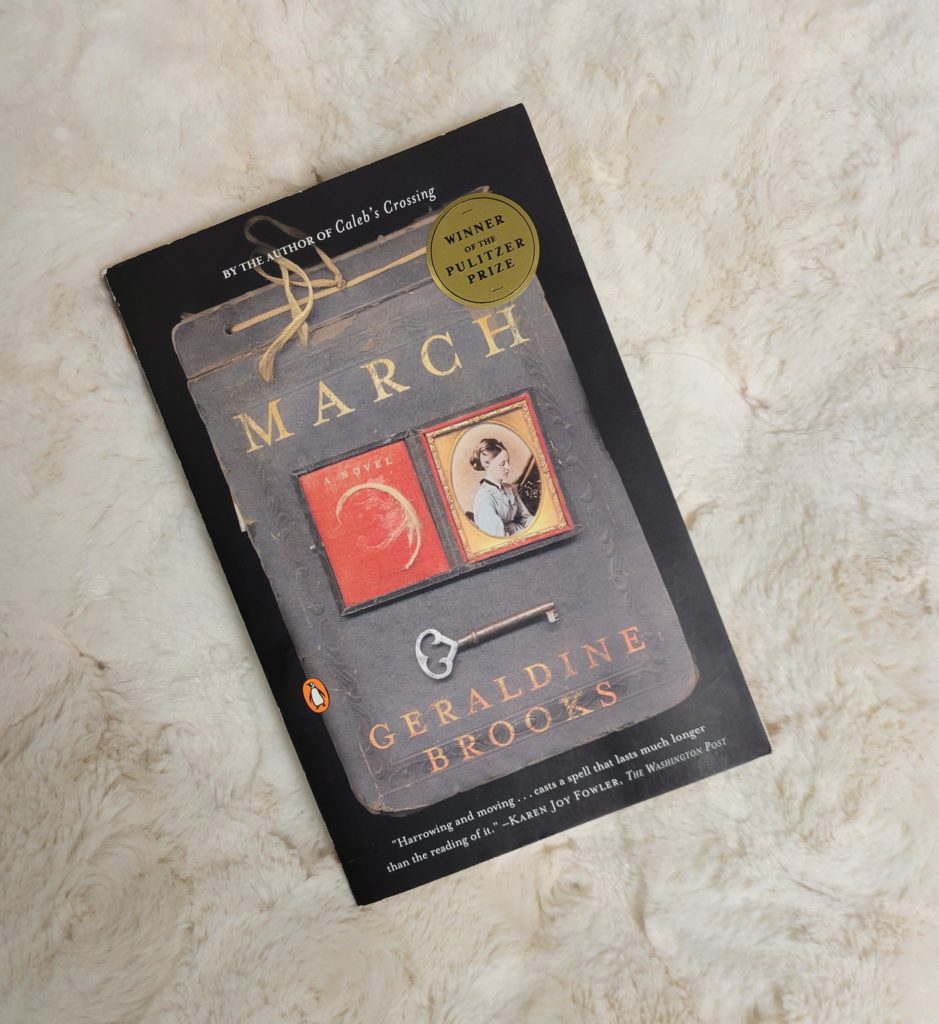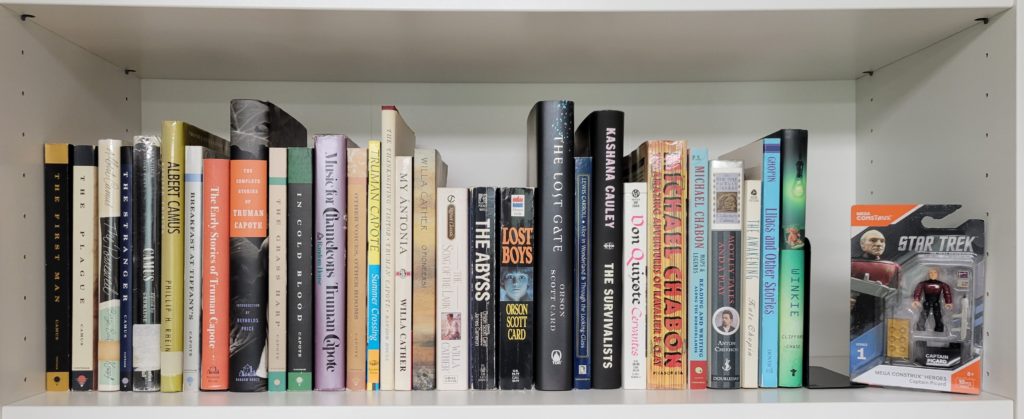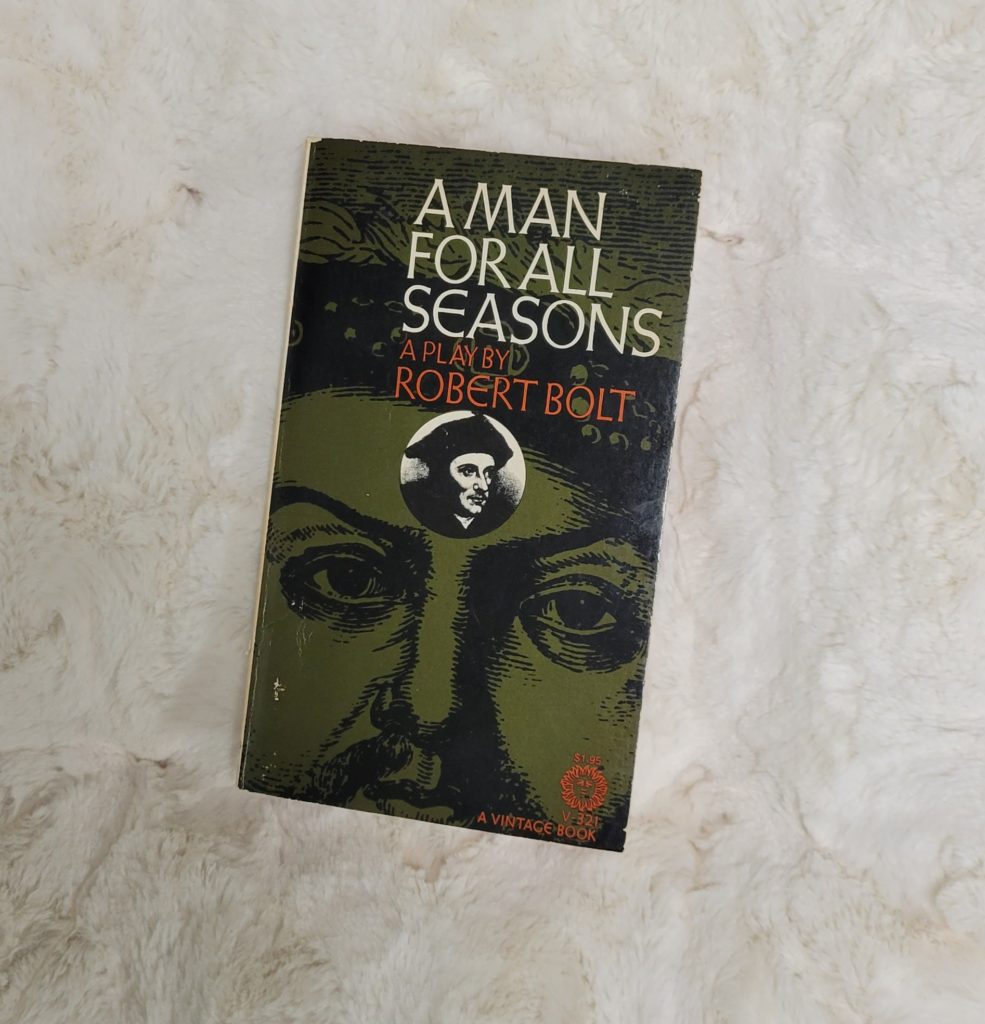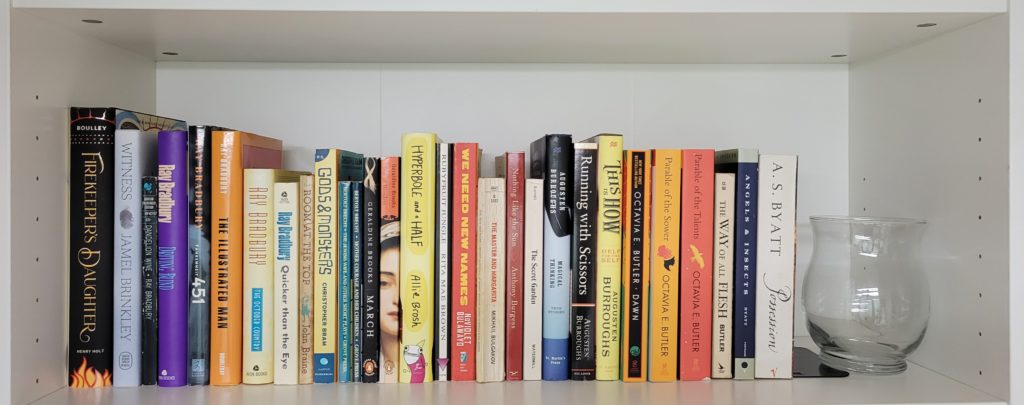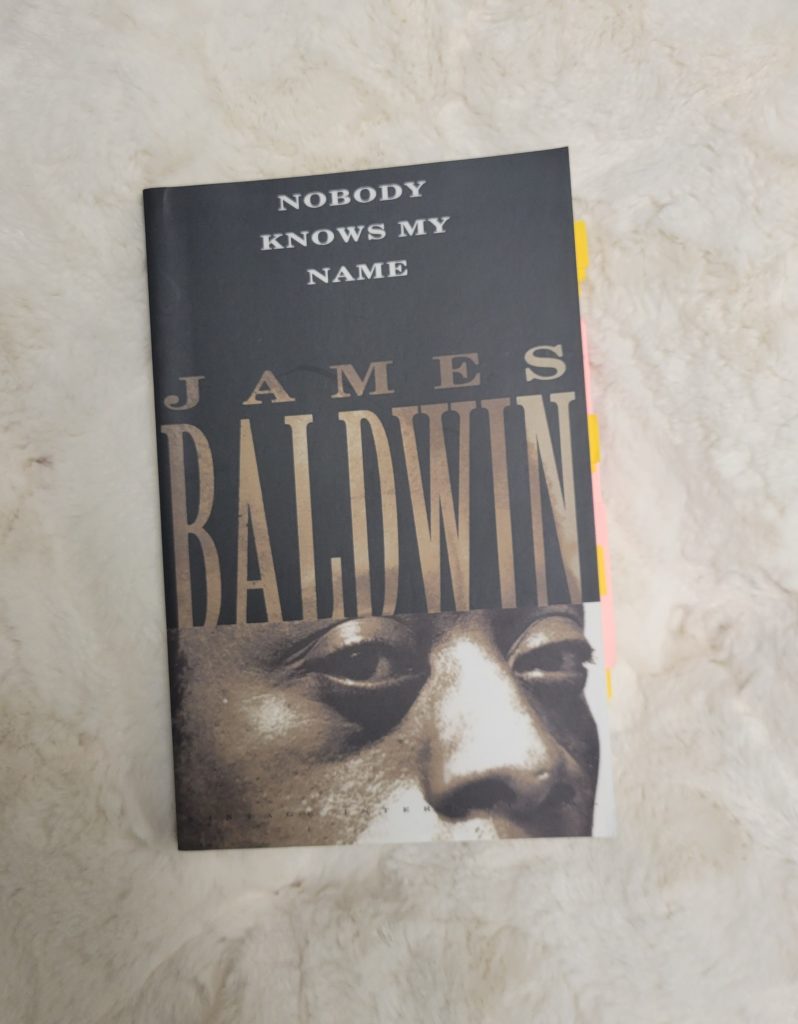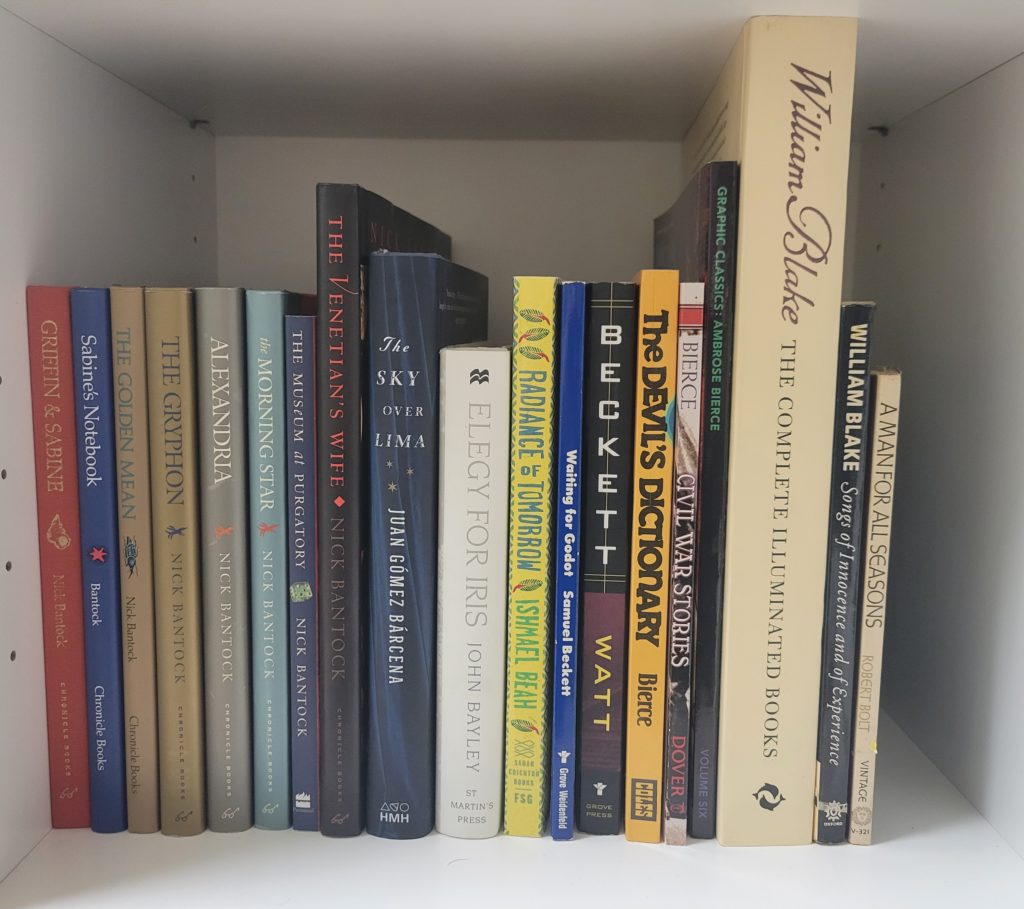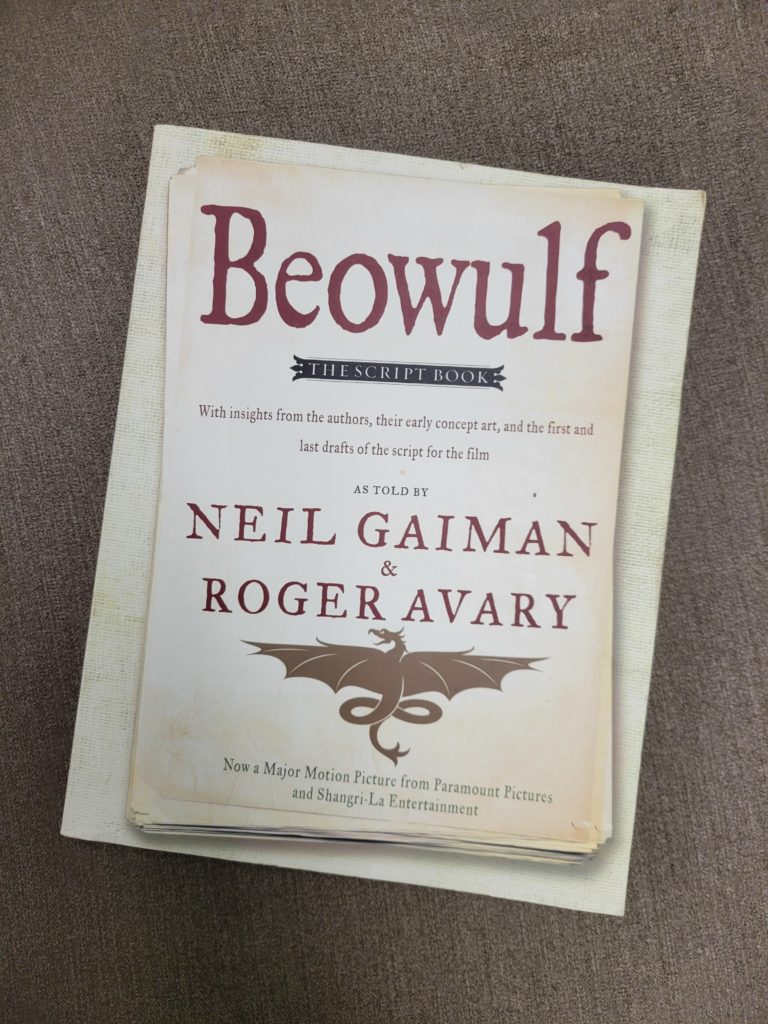
Beowulf: The Script Book contains the original script for the Beowulf movie and the script that eventually made it to the screen with commentary by Roger Avary. For a variety of reasons, I was not expecting to stay up all night reading Beowulf: The Script Book, but that’s what happened. I love it when writers discuss their process, and I was fascinated by the differences between the two scripts and what Roger Avary went through to bring Beowulf to the screen. I expected that reading two versions would be repetitive and possibly tedious, but I was quite wrong. Now I want to reread the original Beowulf and watch the movie. Maybe we’ll get more snow, and I’ll have extra free time!
Now for shelf #14

Because I’m indecisive, I plan to read two from this shelf: Woe from Wit by Alexander Griboedov and Transcendent Kingdom by Yaa Gyasi. Woe from Wit was recommended by a former student and Transcendent Kingdom will take care of some reading challenge categories.
Books I’ve read:
- The Prophet by Kahlil Gibran
- The Miracle Worker by William Gibson
- The Tin Drum by Gunter Grass
- Less Is Lost by Andrew Sean Greer
- The Firm by John Grisham
- A Time to Kill by John Grisham
- The Last Great Dance on Earth by Sandra Gulland
- The Many Lives and Secret Sorrows of Josephine B. by Sandra Gulland
- Tales of Passion, Tales of Woe by Sandra Gulland
- Snow Falling on Cedars by David Guterson
- Miss Kraft Is Daft by Dan Gutman
- Hijab Butch Blues by Lamya H
